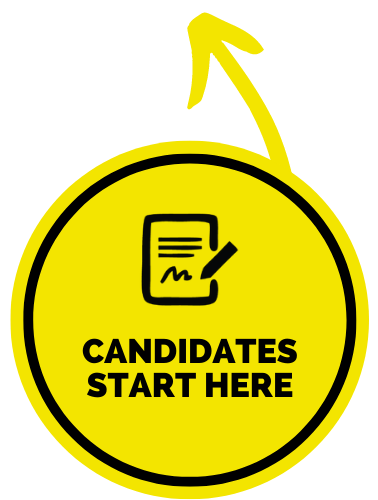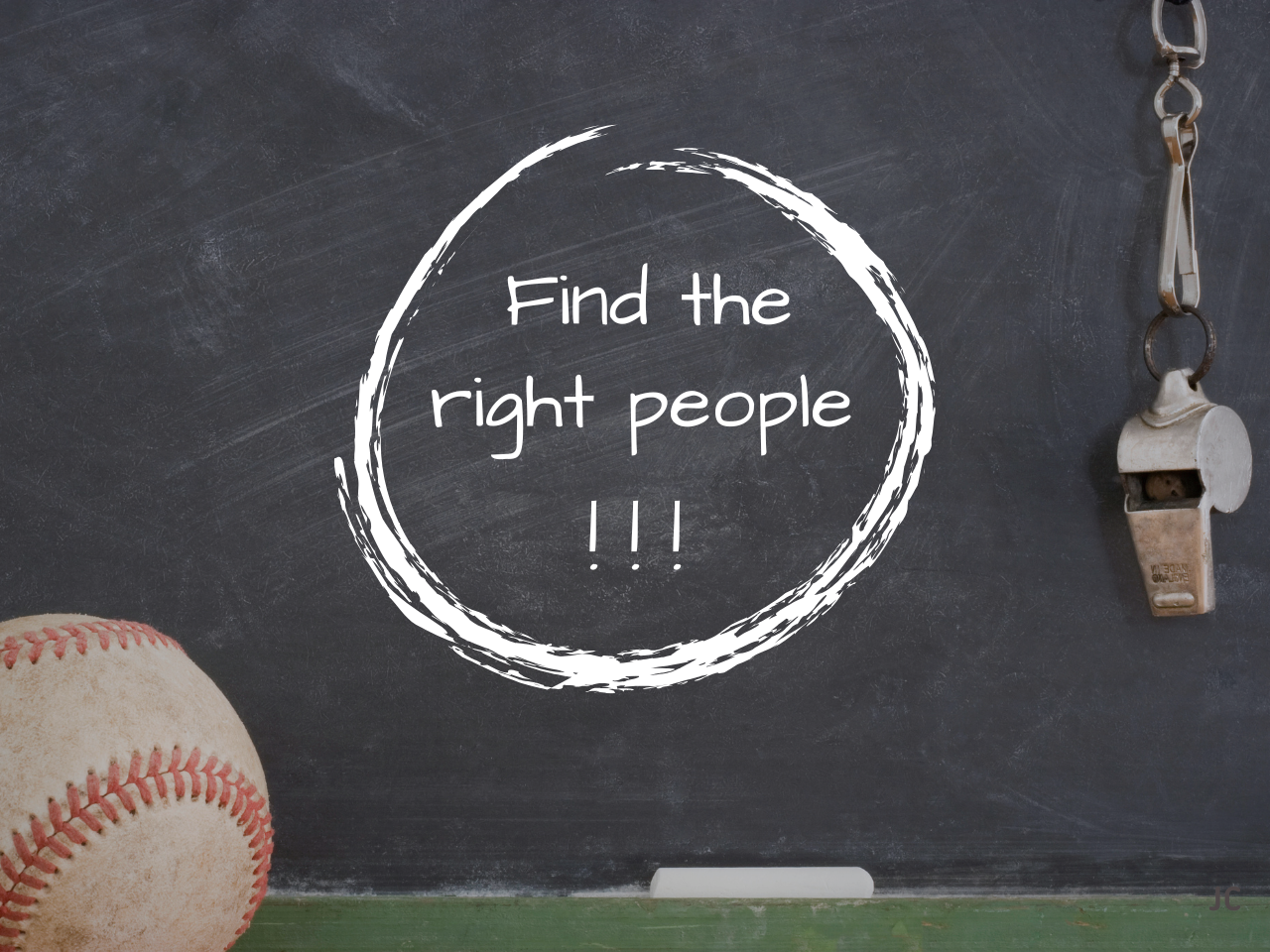
The gender pay gap is a persistent problem in South Africa, with women earning on average 23% less than men. This gap is even wider for women in certain industries, such as technology and engineering.
There are a number of factors that contribute to the gender pay gap, including unconscious bias, occupational segregation, and lack of access to opportunities. Hiring AI can help to address some of these factors and improve the gender pay gap in South Africa.
How AI Can Address Unconscious Bias
Unconscious bias is a type of bias that occurs when people make decisions based on their implicit beliefs and attitudes. This type of bias can be very difficult to detect, but it can have a significant impact on hiring decisions.
AI recruitment can help to address unconscious bias by removing human judgment from the hiring process. AI algorithms can be trained to identify and eliminate bias from hiring decisions, making it more likely that women will be hired and paid fairly.
“As human beings we can only take in so much information at a time,” says Kelly Louw, COO of Job Crystal. “As much as we try to mitigate it, human beings are always going to have inherit biases. Recruitment AI can scan through a CV or application in a fraction of the time and pick up far more information than a person would be able to, and without the added filter of human judgement.”
How AI Can Address Occupational Segregation
Occupational segregation is the tendency for women and men to be concentrated in different occupations. This segregation is often the result of gender stereotypes and discrimination.
AI recruitment can help to address occupational segregation by matching women with jobs that are a good fit for their skills and interests. AI algorithms can also be used to identify and eliminate discriminatory hiring practices.
How AI Can Increase Access to Opportunities
Lack of access to opportunities is another factor that contributes to the gender pay gap. Women are often less likely to have access to high-paying jobs, training, and networking opportunities.
AI recruitment can help to increase access to opportunities for women by making it easier for them to find and apply for jobs. AI algorithms can also be used to identify and recommend women for high-paying jobs.
“We are finding that as more people gain access to online job seeking platforms, they are given more choice and freedom about where they can apply,” says Sasha Knott, CEO of Job Crystal. “AI hiring takes this a step further. By looking for candidates across multiple platforms, AI hiring finds candidates for roles they may not even have heard about, providing even more opportunities.”
Some Practical Ways Business Owners Can Implement Opportunities
- Use AI to remove biased language from job descriptions. AI can be used to scan job descriptions for language that could discourage certain groups of candidates from applying. For example, gendered language or overly technical jargon could be flagged and removed.
- Use AI to screen resumes for skills and experience. AI can be used to screen resumes for the skills and experience that are required for the job. This can help to ensure that all candidates are evaluated on their merits, regardless of their background or demographics.
- Use AI to conduct blind interviews. Blind interviews are interviews where the interviewer does not know the candidate’s name, gender, or any other personal information. This can help to reduce bias in the interview process.
- Use AI to assess candidate fit for the company culture. AI can be used to assess candidate fit for the company culture by analyzing their personality, values, and interests. This can help to ensure that the company hires candidates who are a good fit for the team and the organization.
- Use AI to track hiring metrics. AI can be used to track hiring metrics, such as the number of candidates from underrepresented groups who are hired. This data can be used to identify and address any areas where bias may be occurring in the hiring process.
It is important to note that AI is not a perfect solution to the problem of hiring bias. However, it can be a valuable tool for reducing bias and creating a more inclusive hiring process.
Here are some additional tips for using AI recruiting to limit hiring bias:
- Be transparent about how AI is being used in the hiring process. Candidates should be aware that AI is being used to evaluate their applications and interviews. This will help to build trust and credibility with candidates.
- Regularly review and audit AI algorithms. AI algorithms can be biased, so it is important to regularly review and audit them to ensure that they are not discriminating against any groups of candidates.
- Use AI in conjunction with human judgment. AI should not be used as a replacement for human judgment in the hiring process. Instead, AI should be used to augment human judgment and help to make more informed hiring decisions.
Overall, AI recruitment has the potential to be a powerful tool for closing the gender pay gap in South Africa. However, it is important to note that AI is not a silver bullet. It is still important to have policies and practices in place that promote gender equality in the workplace.










